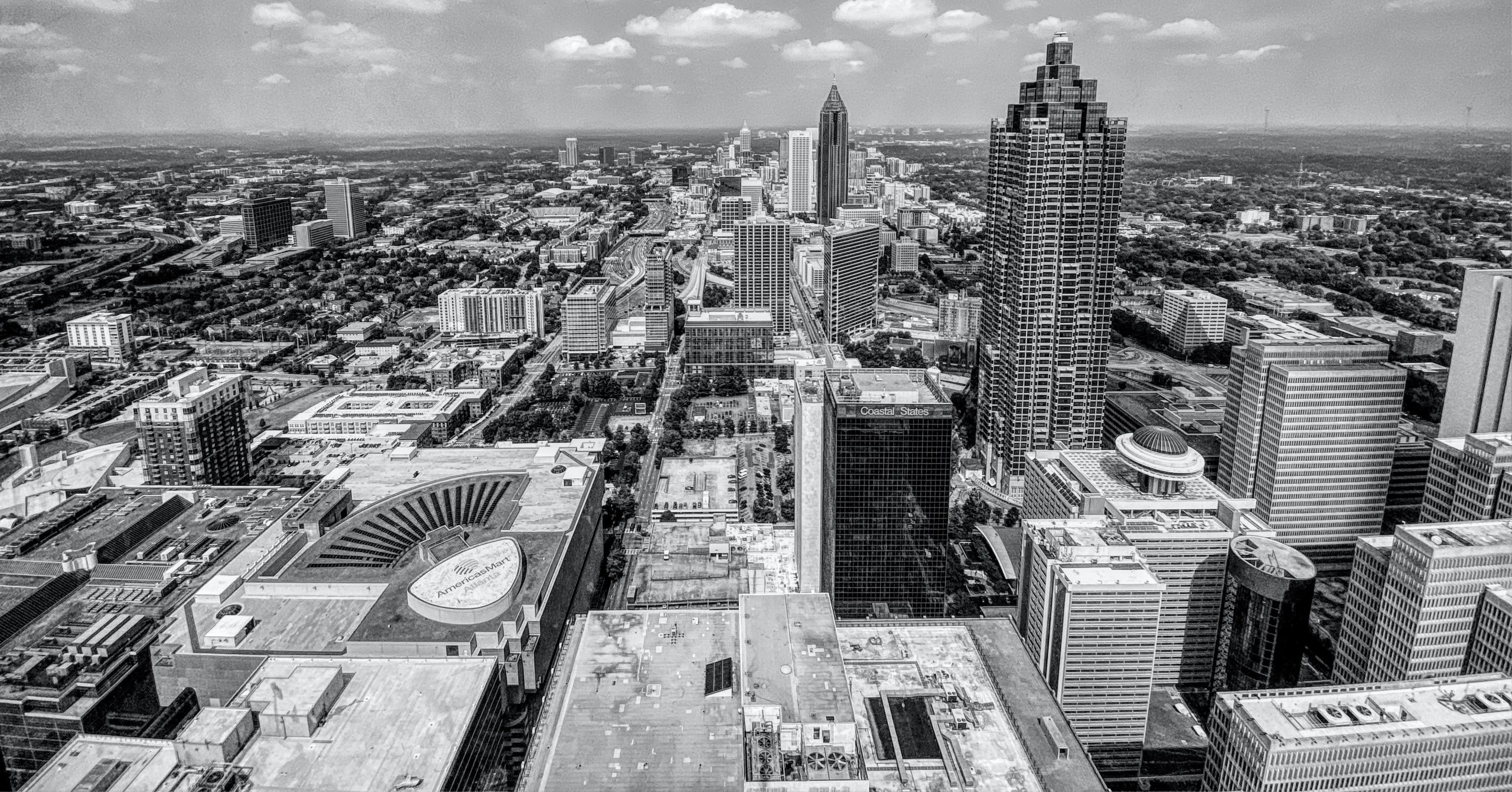A 21-year-old man was arrested for killing eight people March 16, after opening fire at three different Atlanta-area massage parlors before 6 PM. Six of the eight were Asian women.
This comes weeks into an increasingly desperate plea to end the rise in anti Asian-American hate crimes, one that has struggled to gain the same traction that the reignited Black Lives Matter movement had last year. But as the media and police officials begin to piece together the story, the focus has remained on the racial element of the crimes.
Undoubtedly, the shooter was racially motivated. But he also blamed the massage parlors—which he has frequented in the past—for what he told officers is an addiction to sex. And according to Atlanta Mayor Keisha Lance Bottoms, he was planning to carry out the same crimes in Florida, at what Capt. Jay Baker of the Cherokee County Sheriff’s Office called “a part of the porn industry.”
As of this writing, Atlanta officials have not asked massage parlors to close down out of caution, indicating that they have already classified this as a hate crime, despite their protests to the contrary.
A crime against sex workers can be a crime against the Asian-American community, and vice versa. But that’s too complicated for either journalists or the mainstream audience to parse. This is, after all, a country built on Puritan beliefs, and if the massage parlor employees targeted were also sex workers, that muddies the waters. We like our victims pure in America; the knowledge that they could have been sex workers would immediately and unfairly categorize the victims in people’s minds. To no one’s surprise, the shooter was an active member of the Southern Baptist Church.
READ: Qualifying a Compliment With ‘For an Asian’ Means You Did Not Compliment Me at All
We live in a culture of outrage. But the thing about outrage is that it burns itself out very quickly. In June, an Asian playwright tweeted about her experiences with racism in the theatre industry, and then later apologized for sharing her story. At the time, there was only enough collective emotional and mental capacity to focus on one thing, and it was anti-Black racism. Now, the fear is that the only thing we can focus on is anti-Asian racism, while anti-sex worker rhetoric is allowed to flourish under the smokescreen of “vice.”
The shooter has explicitly stated that the victims were not targeted because of their race. (That being said, what racist has ever admitted to being a racist?) But media attention quickly became fixated on the ways in which this story feeds into existing narratives. A white man killed six Asian women? Those are all the details needed for a powerful story. A story that looks to be true, but only partially so. Because as the nation collectively discuses the ways in which we have failed the Asian-American community, there will almost certainly be no similar conversation about the ways in which we have and continue to demonstrably fail sex workers.
Writing off people who have sex for a living is too easy, too deeply ingrained in a country built on religious intolerance. We should continue to beat the drum for Asian-American rights, for Black rights, for trans rights, for everyone to be treated with dignity and respect. But we can’t continue to dismiss the sex workers within those communities as a minority within a minority. What we’re really saying is that they’re disposable.
A man went to three different places of business and murdered Delaina Ashley Yaun, 33; Paul Andre Michels, 54; Xiaojie Yan, 49; and Daoyou Feng, 44, to eliminate his temptation as a sex addict. A man went to three different places of business and murdered Delaina Ashley Yaun, 33; Paul Andre Michels, 54; Xiaojie Yan, 49; and Daoyou Feng, 44, because he wanted to kill all Asians. Both stories are the same tragedy. So why do we care so much more about one than the other?
The Gay Goods is dedicated to engaging with a range of opinions and viewpoints. To share yours, email [email protected].
Get real time update about this post category directly on your device, subscribe now.




